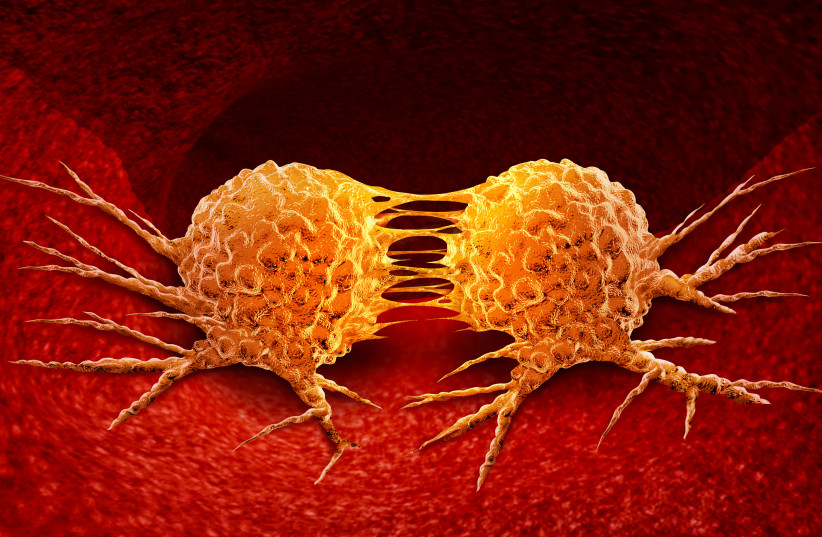Cancer cells are attracted to a particular amino acid found in many of the fish, meat, and nuts we consume. A recent study identified arginine as an essential nutrient for cancer cell survival, and that withholding this from the cells could potentially create worse tumors than the body might naturally develop.
In a new study released by Sohail Tavazoie's Laboratory of Systems Cancer Biology, researchers learned that numerous human cancers have limited amounts of arginine. Since this amino acid is limited, cancer cells must manipulate proteins at their disposal to soak up every last bit of arginine.
“It’s like if you had a Lego set, and you’re trying to build a fancy model plane, and you run out of the right bricks,” says study author Dennis Hsu, now a physician-scientist at UPMC Hillman Cancer Center in Pittsburgh. “The only way to still build the plane would be if you had altered blueprints that don’t require the missing bricks.”
How prominent is this type of amino acid?
Arginine is significant in several biological processes. The amino acid is responsible for protein synthesis and the disposal of nitrogen waste. It is also one of the few that has regulated how immune cells reacted to cancer and other immunologic triggers.
On the other end of the spectrum, low levels of arginine can be detrimental. A deficit of this amino acid is frequently linked to the inflamed tissues of people with Crohn’s disease, ulcerative colitis, inflammatory bowel disease, or an H. pylori infection. Since these tissues have low levels of arginine, without treatment, patients could have a higher risk of developing stomach or colon cancer.

Researchers connected arginine deficits to cancer while studying codons, which are "triplets of DNA bases that contain the recipe for producing a single amino acid." In the Cancer Genome Atlas, thousands of instances of codon mutations were documented by Hsu and his team. However, arginine codons were lost in mutations at higher rates. Stomach and colorectal-related cancers "show the most dramatic deficiency," researchers said.
The researchers still do not have a clear definition of how arginine levels dropped so drastically. “We think that some cancers develop under low-arginine conditions and carry this history in their DNA,” says Hsu.
After the team of researchers spent months growing cancer cells in a lab before starving them of arginine, they put the cell through multiple rounds of malnutrition. This process led the cells to mutate in an effort to access a supply of what the cells needed to survive. However, this strategy was not entirely successful.
In a separate experiment, Hsu and his teammates found an increase in mutations toward codons that produced amino acids. They were plentiful around cancer cells and suddenly became "more appetizing to the cancer cells, which seemed to be trying to make do with what they had—akin to cobbling together a meal out of a few random items that happen to be in your fridge."
When cancer cells try to stay alive while severely malnourished, they accumulate into several mutations that look foreign to the immune system. "You have a bunch of random, abnormal-looking proteins because of all the mutations, and those are more likely to be recognized by the immune system as something that shouldn’t belong there," Hsu added.
These findings could be harmful to immunotherapy. “By starving a cancer cell, perhaps you can promote the gain of new mutations that can then be recognized by the immune system,” Hsu says. “We have not tested this, but it would be a really cool thing to try.”
